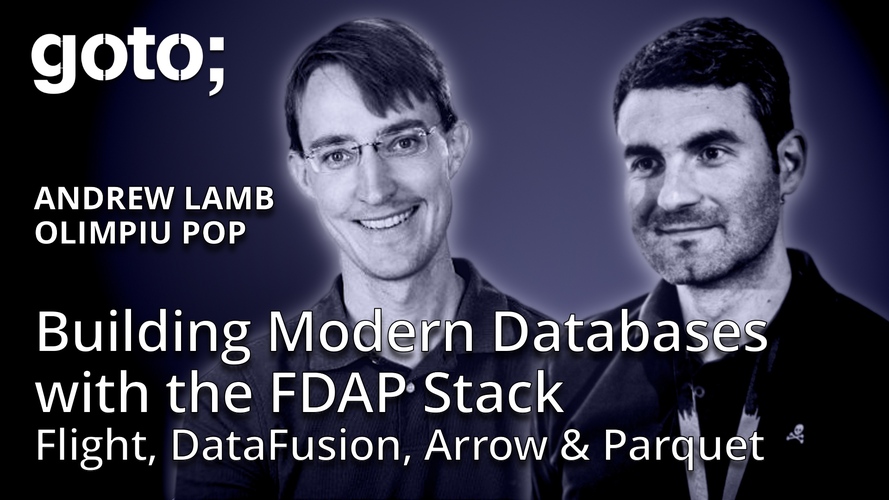Apache
11 RESULTS
47:43

Cloud Native Event Streaming with Kafka and Open Standards
GOTO Chicago 2023
45:16

Making Kafka Queryable with Apache Pinot
GOTO Copenhagen 2023
32:28

Orchestrating Your Data Pipelines with Apache Airflow
GOTO Amsterdam 2022
40:33

From Apache Spark to Fighting Health Insurance Denials
GOTO Unscripted
29:40

Building Modern Databases with the FDAP Stack
GOTO Unscripted
32:41

Kafka in Action
October 20, 2022

Expert Talk: Unlocking the Power of Real-Time Analytics
April 25, 2023

Building Modern Databases with the FDAP Stack
November 24, 2025
Browse all tags
Here


